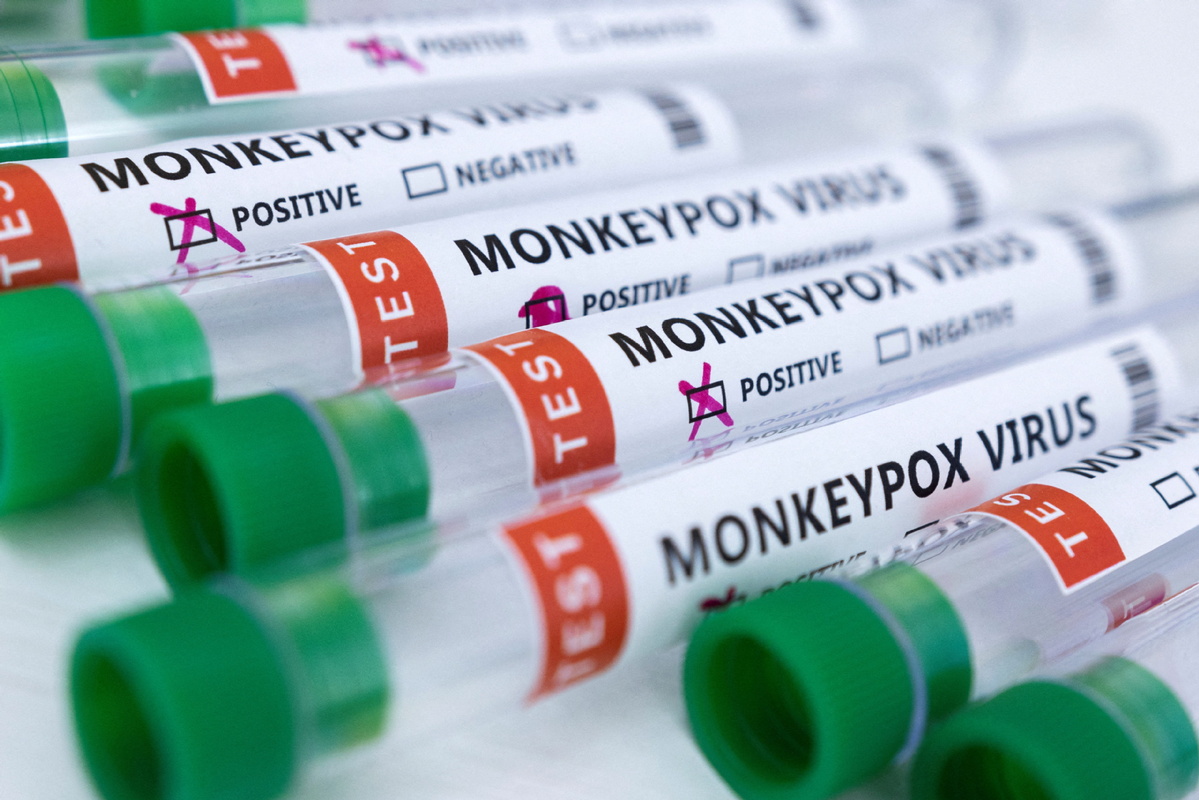Global efforts in dire need against mpox
WHO says more funding required to support Africa in tackling outbreak


The World Health Organization called for a coordinated global response against the mpox outbreak on Wednesday after declaring it a public health emergency of international concern, or PHEIC, the agency's highest alarm at the moment.
The announcement was made on the advice of an International Health Regulations Emergency Committee of independent experts who met earlier in the day and also a day after Africa's CDC declared a public health emergency on the continent.
"The emergence of a new clade of mpox, its rapid spread in eastern Democratic Republic of the Congo, and the reporting of cases in several neighboring countries are very worrying," WHO Director-General Tedros Adhanom Ghebreyesus said in declaring the PHEIC on Wednesday.
"On top of outbreaks of other mpox clades in DRC and other countries in Africa, it's clear that a coordinated international response is needed to stop these outbreaks and save lives."
Mpox, formerly known as monkeypox, has been endemic in West and Central Africa for decades, but DR Congo has become the epicenter of a dangerous new strain that emerged last year and is spreading through sexual and close personal contact. The strain is an offshoot of the clade I virus, which has a case fatality rate of about 10 percent.
Mpox is an infectious disease that can cause a rash and skin lesions. Other symptoms include fever, headache and swollen lymph nodes. People with compromised immune systems are at higher risk of serious illness or death if they get mpox. Pregnant women and children are also at higher risk.
According to WHO, mpox has been reported in DR Congo for more than a decade, and the number of cases reported each year has increased steadily over that period. Last year, reported cases increased significantly, and already the number of cases reported so far this year has exceeded last year's total, with more than 15,600 cases and 537 deaths.
WHO said it needs $15 million to support Africa's mpox response, and it has already released $1.45 million from its emergency reserves. Tedros said the WHO plans to allocate more funding in the coming days.
"The current upsurge of mpox in parts of Africa, along with the spread of a new sexually transmissible strain of the monkeypox virus, is an emergency, not only for Africa, but for the entire globe," said Dimie Ogoina, WHO's mpox emergency committee chair.
He said mpox, originating in Africa, was neglected there, and later caused a global outbreak in 2022.
Decisive moment
"It is time to act decisively to prevent history from repeating itself," he said.
WHO declared a PHEIC over mpox in July 2022 when infections, mainly among gay and bisexual men, spread worldwide. By the time WHO's declaration ended in May 2023, about 87,000 mpox cases had been reported in 118 countries. The virus has remained a serious problem in Africa ever since.
The 2022 outbreak was driven by clade II, which generally causes less severe illness, in comparison to clade I, a more dangerous one now spreading in Central and Eastern Africa.
The European Commission announced on Wednesday that it will send more than 175,000 vaccines to Africa CDC for distribution, after Africa CDC called on the global community to mobilize 2 million doses.
Some European scientists have warned that Europe should also be "very concerned" because countries no longer protect citizens against mpox through smallpox vaccination.
Agencies contributed to this story.

































